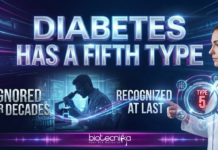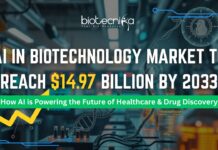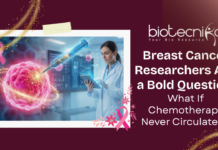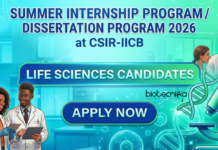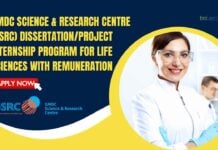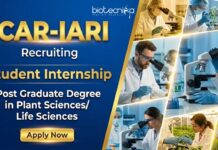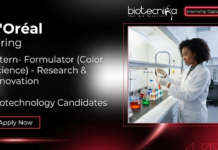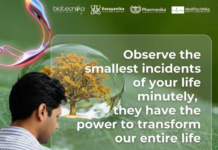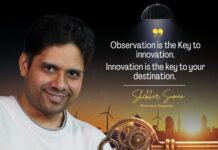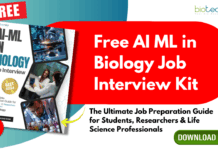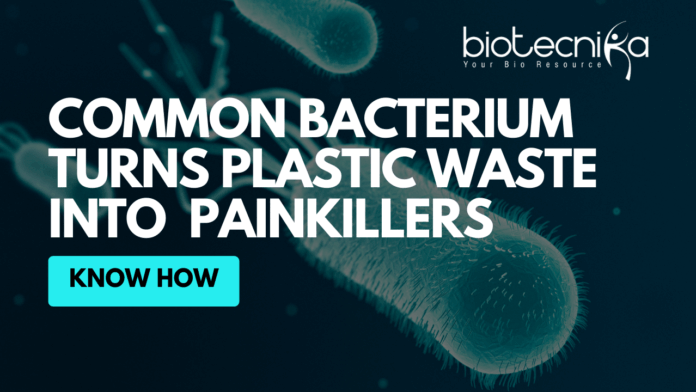Bacterium Turns Plastic Waste Into Everyday Painkillers
From landfill to medicine cabinet: how a common gut bacterium could turn plastic waste Into Everyday Painkillers.
Imagine a world where the trash filling up in landfills could be converted into something as important as medicine. Sounds unreal? Thanks to innovative research, this is indeed possible.
A team of scientists, led by Professor Stephen Wallace at the University of Edinburgh, has genetically engineered a common bacterium, E. coli, to consume a plastic-derived molecule and convert it into paracetamol, one of the most used painkillers.
Yes, the same bacterium associated with stomach bugs is now being referred to as a “tiny biochemical factory.”
But why is E. coli used here? It turns out that this microbe has been a celebrity of biotechnology for decades now. The non-pathogenic strains of E. coli are fast-growing, easy to engineer, and have a track record of producing everything from insulin to vanilla flavoring, shocking right? And is now becoming a solution to the global plastic crisis.
E. coli: From Gut Microbe to Biotech Superstar
Discovered in 1885 by German pediatrician Theodor Escherich, E. coli is naturally found in our gut, i.e. our intestine. While some strains of this bacterium can make you sick, there are harmless versions that have become essential to scientists. Over the years, E. coli has been a key player in major scientific breakthroughs, including:
- Showing that bacteria can exchange and recombine genes – in the 1940s.”
- Helping decode the genetic code.
- It was the very first organism to be genetically engineered in the 1970s.
- Producing the first ever synthetic human insulin in 1978.
With its fast growth, flexibility, and ability to host foreign DNA, E. coli is essentially now termed as the “workhorse” of modern biotechnology. It has been genetically engineered to transform not only discarded waste plastics into medicines, but also sewer fatbergs into perfumes, and even plastic into vanilla flavour.
Are There Better Microbes Out There?
While E. coli dominates the biotech world, some scientists are wondering if there might be other bacteria that could outdo E. coli naturally. Microbes living in extreme environments or even those present in our mouths have unique abilities that E. coli does not possess. For instance, some bacteria are extremely tolerant to an acidic environment, while others can digest complex waste without any genetic tinkering.
One promising alternative is Vibrio natriegens, a bacterium with a growth rate double as E. coli and a exceptional ability to accept foreign DNA. Researchers believe it could eventually address larger sustainability challenges, such as producing jet fuel from carbon dioxide and mining rare earth metals.
Yet, despite its promise, V. natriegens is still in the early stages of development. E. coli remains the time-tested choice for many industrial applications – very reliable, well-understood, and incredibly effective.
The Future of Microbial Innovation
The work of Wallace and his team shows just how creative and interesting biology can be. Imagine a future where the plastic waste could help produce not just medicines, but flavours, perfumes, and lot more. Microbes like E. coli may still dominate today, but the microbial world is vast, and the next breakthrough could come from a bacterium that nobody has studied yet.
E. coli continues to quietly power some of the most impressive biotech feats of our time. Tiny, unpredictable, and almost invisible to the naked eye, it’s a reminder that sometimes, the smallest organisms that cannot even be seen or predicted can make the most significant impact in the world.



